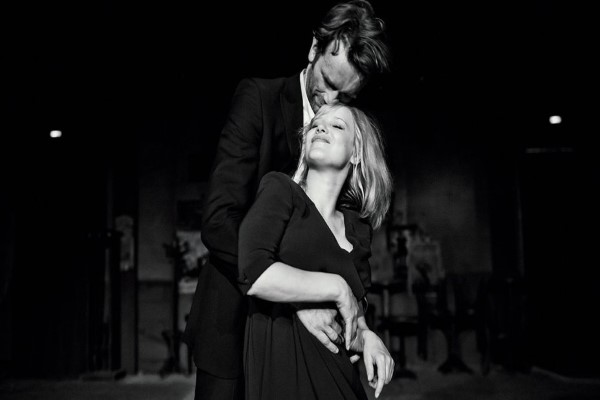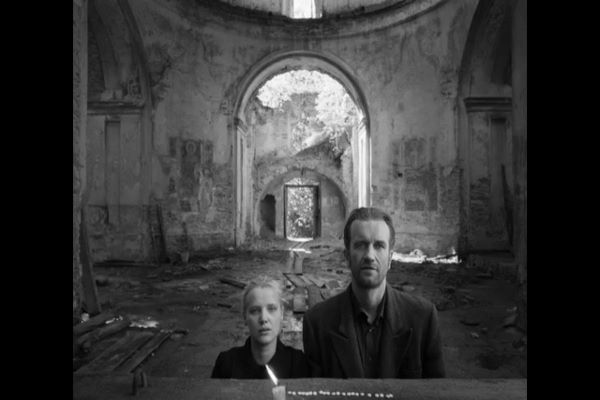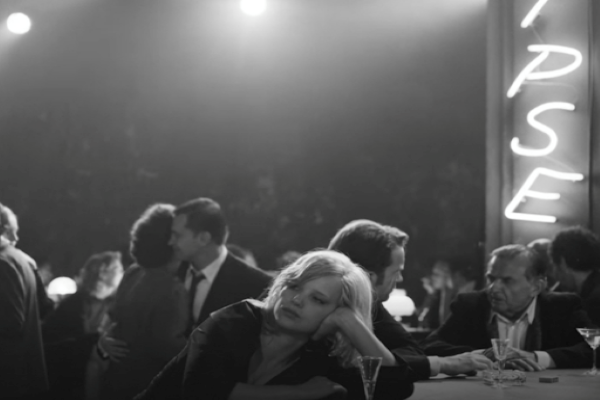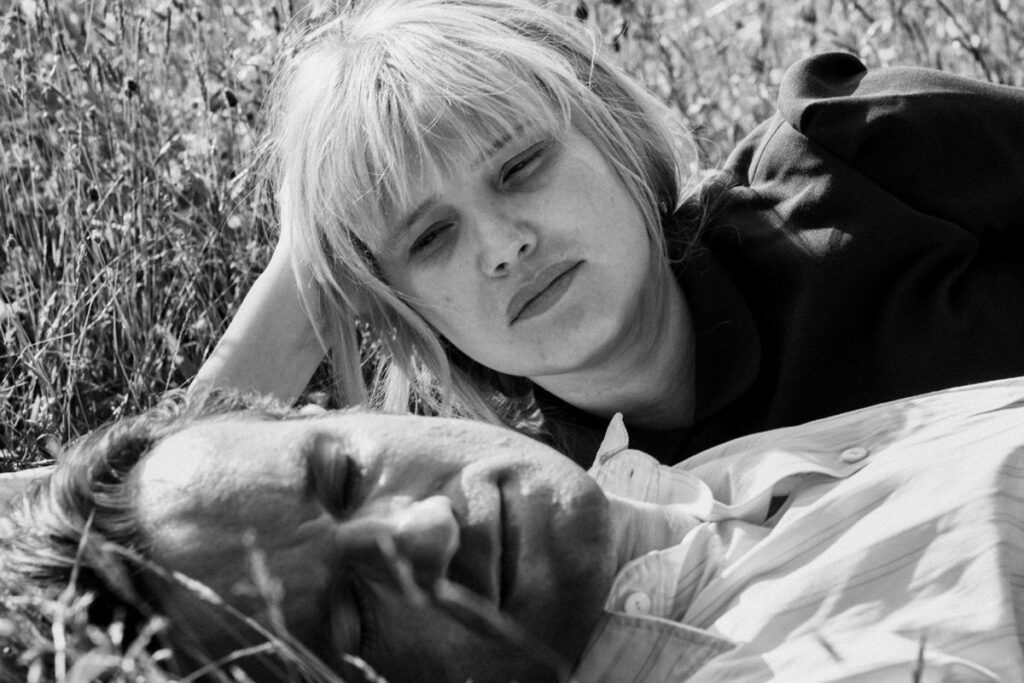Pawel Pawlikowski pays a heart-warming tribute to his parents through Cold War. This film is also a tribute to his motherland Poland. The film depicts the love story of a music director and a young singer from the late 1940s to the 1960s during the period of the cold war. The story of the film starts in Poland and then travels to Germany, France, Yugoslavia, and returns to Poland again. Pawlikowski’s Cold War is a story of sensuous romance, and it touches upon a tumultuous time period of the mid-20th century.

The story of the film starts in Warsaw in the late 1940s. Wictor (Tomasz Kot) and Irena (Agata Kulesza) are taking auditions of the young Polish singers for the state-sponsored ensemble Mazures. During the audition, Wictor falls in love with a young singer Zula (Joanna Kulig). She has faked the identity of a peasant and is on probation after attempting to murder her father. After a performance, they meet and make love. The Polish government forces Wictor and Irena to include more communist party-oriented propaganda songs. Both Wictor and Irena are reluctant to include any party propaganda song in the ensemble. However, opportunist Kaczmarek agrees to the government’s demand. A resentful Irena quits the ensemble. The Mazures visits east Berlin to perform. Wictor crosses the border and flees to Paris. But, Zula fails to reach on time.
Years later, Wictor and Zula meet in Paris. Even though they both have separate partners, they are still attached to each other. Wictor now works at a jazz club. He asks Zula why she did not arrive at the border and she replies that she was not confident enough. A year later, Wictor attends a musical performance of Zula in Yugoslavia. Two years later, Zula returns to Paris again and meets Wictor. Now Zula is married to an Italian gentleman and Wictor works as a film score composer. Wictor tries to bag some film songs for Zula and inflates her candidature to film producer Michael. Zula is annoyed at Wictor’s decision, and she increasingly feels jealous of Wictor’s lovers. Their relationship goes through a rough phase and Wictor strikes Zula, who has started drinking heavily. Zula reveals her affair with Michael to Wictor and leaves Paris. Michael informs Wictor that Zula has left Paris for settling down in Poland.

Wictor returns to Poland and he is sentenced to fifteen years imprisonment. His hands have been mangled by the torture at the prison ending his musical career. Zula meets Wictor at a work camp and promises to free him from imprisonment. After five years, Wictor is released from prison. It is revealed that Zula married Kaczmarek, with whom she has a son, to free him from imprisonment. Wictor and Zula meet in a bathroom and decide to escape and live together. They take a bus and visit a countryside Church, where they exchange marriage vows. They decide to end their lives together and consume poison. The couple sits together at open ground and decides to view the wheat field “from the other side”. They depart from the view as the wheat plants toss their heads with the gentle wind.

Pawlikowski’s Cold War is a period film that flows through three decades. All the events in the film are covered in just 89 min. It is such a dynamic film. The film flows through multiple countries. It starts with Poland, continues through East Germany, France, and Yugoslavia, and ends with Poland again. Cold War depicts a heart-touching love story in one of the most difficult periods of the 20th century. Wictor and Zula are two faulty individuals but they cannot live separately. In spite of their struggle in this tough world, they unite again and again. Both are bound with a very strong bond of love. Two souls are inseparable. The film shows some of the most important historical facts like communist control and propaganda in post world war II Poland. In such a short span of time, Pawlikowski presents a very powerful and authentic love story, which is inspired by the love story of his parents.
Cold War marks very strong and dynamic filmmaking by Pawel Pawlikowski. The film, which runs through three decades and multiple countries, has just 89 min runtime. The screenplay, which is co-written by the director himself, is filled with multiple sensuous and romantic scenes with heart-warming dialogues. The music used in the film is deeply emotional and carries the rural Polish aroma. Lucasz Zal, who was the cinematographer of the previous Pawlikowski film Ida, once again presents the viewers with a magnificent black and white cinematic excellence through Cold War. Once again Pawlikowski uses 4:3 aspect ratio like Ida.

Joanna Kulig as Zula is amazing. She excels in all the scenes and performs strong character acting. Tomasz Kot as Wictor is charming at the same time extremely serious. All the characters in the film deliver strong performances. Pawlikowski won the Best Director award for Cold War at the 2018 Cannes Film Festival. It was nominated for three Academy Awards at the 91st Academy Awards (Best Foreign Language Film, Best Director, and Best Cinematography) and four awards at the 72nd British Academy Film Awards.
